"Endings help us energize and elevate," advised Daniel Pink, author most recently of When: The Scientific Secrets of Perfect Timing, during his excellent keynote at this year's Winter Institute. I only bring that up because a couple of things that happened recently have reminded me to think again about "the last chocolate."
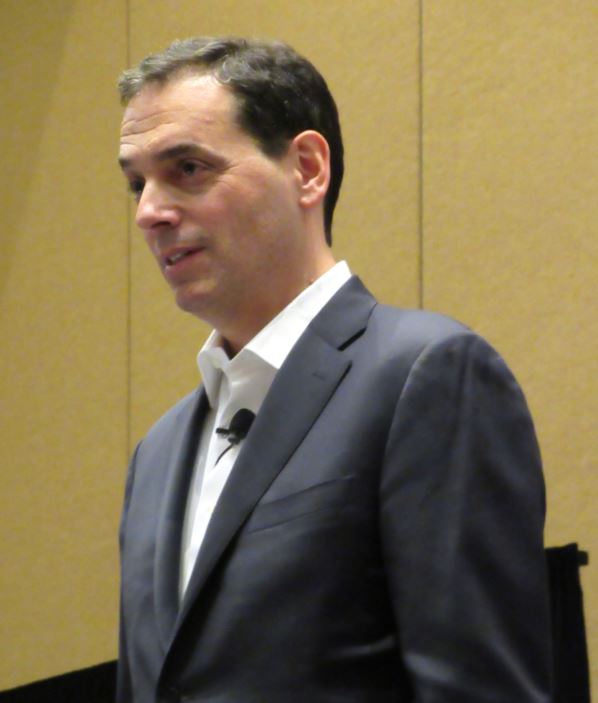 |
| Daniel Pink |
Pink cited a University of Michigan study in which an intriguing taste test was conducted at the student center. Members of Group 1 were given a Hershey's Kiss and told: "Please taste it and rate it on a 1-10 scale," followed by "here's your next one, here's your next one, here's your next one, here's your next one. Now you get five, though you don't know how many you're going to get in advance."
Group 2 was also given five candies in the same sequence, but before the fifth was distributed, Pink said they were told "here's your last one.... the only difference is the fifth one is described as the 'last one' and the other is only described as the next one. Does the fact that you identify that one as the last one affect opinion?"
He then displayed a chart showing the dramatic difference: "They rate them the same until they get to the fifth one. Whoa! People love that last chocolate. They love it more than any chocolate they've ever had. More than any chocolate anybody's had. Because given a choice, people prefer endings that elevate.... Highlight the last chocolate. I think there are a lot of opportunities for retailers to use this last chocolate phenomenon."
Pink's last chocolate theory may have come back to me because a week ago, on the same day I stood at the end of a typically epic Department of Motor Vehicles line, I also read a Forbes article by Michael Blanding headlined "People Have an Irrational Aversion to Being Last in Line."
Outside of the holiday season (Black Friday to Christmas Eve, give or take a post-holiday blowout sale on cards and calendars) and the occasional Harry Potter-like release frenzy, bookstores are not places where people tend to create massive lines at checkout counters. In my experience as a former bookseller and lifelong customer, I've observed two key patterns:
- Well-designed POS areas place an emphasis on the fluid movement of customers in their transition from browsers to buyers. Lines are short, if they exist, and frontline booksellers are attuned to the needs of their patrons--and colleagues--in facilitating a positive checkout experience.
- As a customer, I act much differently in a bookstore checkout line than I do at the supermarket, or DMV for that matter. I'm more patient. After all, I have--or should have--a book or two in my hands. I can read while waiting. And I do.
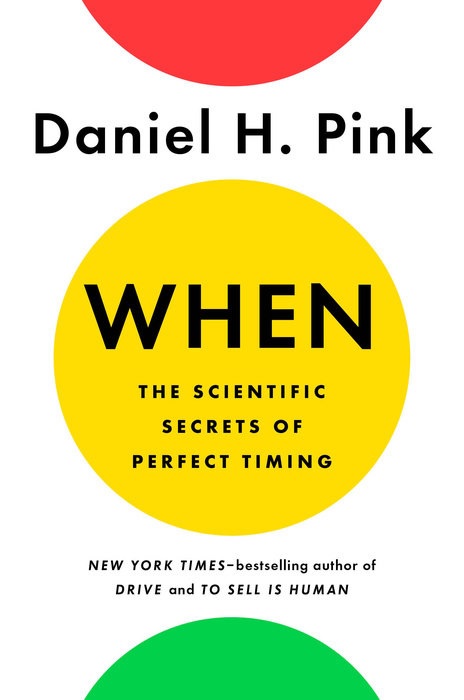 There are exceptions, of course, and not all POS areas are designed for efficiency. We do have our horror stories, booksellers and customers alike. And otherwise rational humans were gullible enough to wait in long lines outside Seattle's new Amazon Go store in order to experience the thrill of line-free checkouts. Irony lives!
There are exceptions, of course, and not all POS areas are designed for efficiency. We do have our horror stories, booksellers and customers alike. And otherwise rational humans were gullible enough to wait in long lines outside Seattle's new Amazon Go store in order to experience the thrill of line-free checkouts. Irony lives!
"Nobody likes being last," Blanding wrote in Forbes. "We avoid picking the cheapest wine on the menu or the final donut in the box." (Daniel Pink might suggest calling it the last donut in the box.) He cited the work of Harvard Business School professor Ryan Buell, who said, "Humans are very social creatures, and we are driven to compare ourselves to others. When we are feeling bad, one way we cope is by comparing ourselves to people who are worse off than we are.... Every line has an end and there is an identifiable person who occupies it. They know they're last and everyone around them knows it as well." His paper, Last Place Aversion in Queues, investigates how operations can be designed to better engage their customers, and how operational choices affect customer behaviors and a company's performance.
Noting that by one estimate Americans wait in line 37 billion hours a year--118 hours for every person--Blanding wrote: "Rationally, you might think that the only thing that matters during those times is what's going on in front of you--how fast the cashier is ringing up customers, say, or how many tellers there are at the bank counter."
According to Buell, however, people are also concerned with what's happening behind them, especially when no one's there: "What seems to be driving this is our inability to make a downward social comparison. If I can't look behind me and see someone else is willing to wait longer than me, I start to question whether waiting in line is worthwhile."
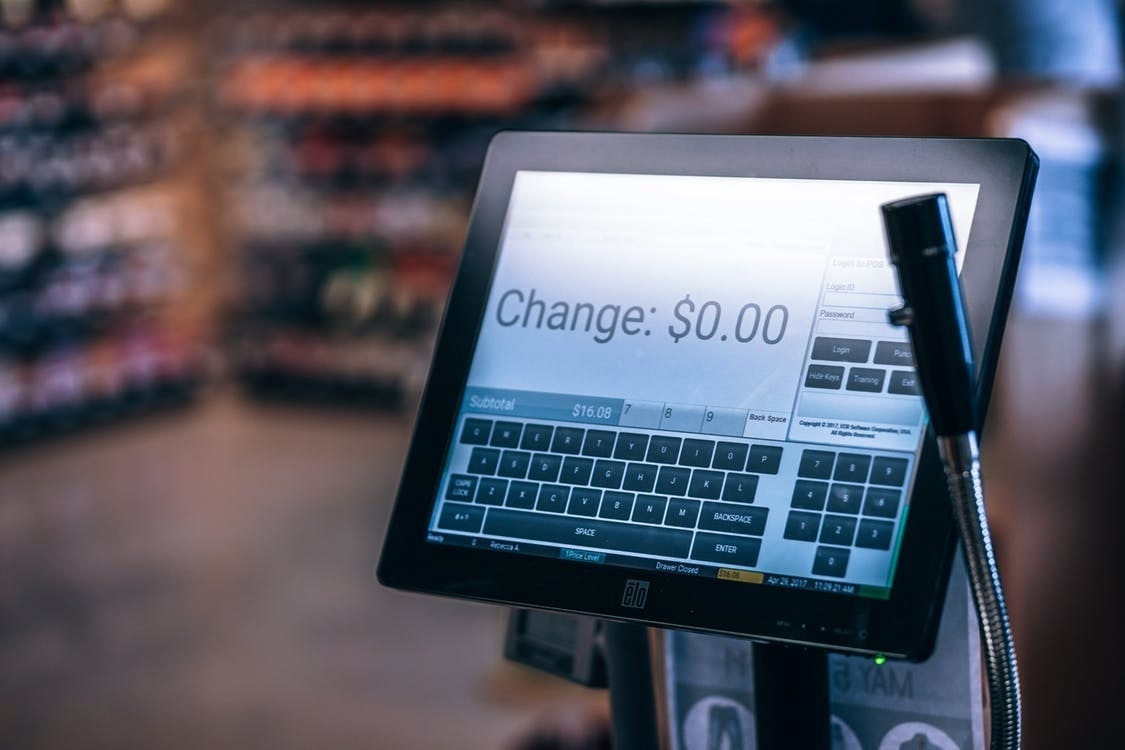 After conducting a series of experiments regarding how being last affects consumer behavior, he concluded that being last in line had significant implications, and he recommends that service providers think carefully about how they set up their physical environments, which includes allowing customers to focus on the service process rather than the line they're waiting in.
After conducting a series of experiments regarding how being last affects consumer behavior, he concluded that being last in line had significant implications, and he recommends that service providers think carefully about how they set up their physical environments, which includes allowing customers to focus on the service process rather than the line they're waiting in.
"Showing customers the work that's being done to serve them can cause them to mind waiting less and value the service more," Buell observed. "When a barista comes up to you in line and asks, 'Can I get something started for you?' then you feel less pain from waiting, plus you feel invested now and are less likely to give up."
Or... tell the last customer in line you're giving them the last Hershey's Kiss. Perspective + chocolate = satisfaction.
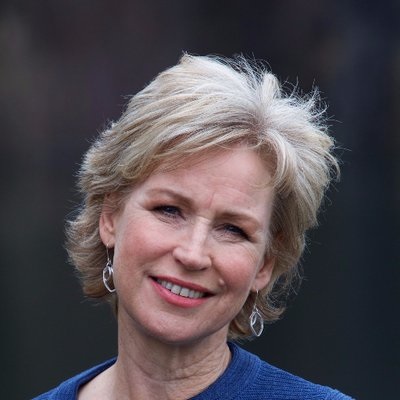 "When all else is gone, it is stories that can save us. Ambiguity and complexity are at the heart of human condition and now more than ever we need writers to remind us of this.... We are the custodians of empathy, the gateway to otherness. [It is writers who can show] how it feels to be someone else, or to believe something else. This sometimes horrifies us, but it is the best books that take us to these places.... Long live stories, the written world and the publishers who believe in it and booksellers who press it into hands of readers, agents who help writers up and everyone else engaged in this great labor of love and faith."
"When all else is gone, it is stories that can save us. Ambiguity and complexity are at the heart of human condition and now more than ever we need writers to remind us of this.... We are the custodians of empathy, the gateway to otherness. [It is writers who can show] how it feels to be someone else, or to believe something else. This sometimes horrifies us, but it is the best books that take us to these places.... Long live stories, the written world and the publishers who believe in it and booksellers who press it into hands of readers, agents who help writers up and everyone else engaged in this great labor of love and faith."






SHELFAWARENESS.1222.T1.BESTADSWEBINAR.gif)
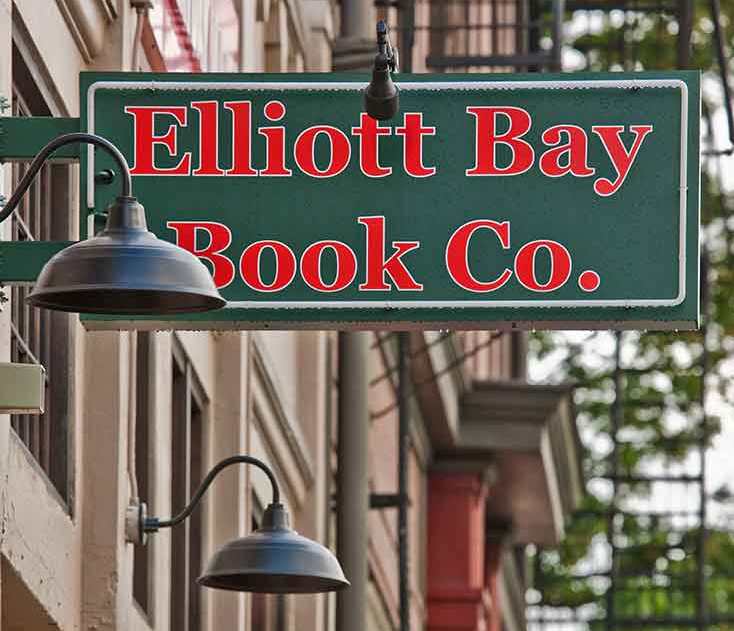 Elliott Bay Book Company, Seattle, Wash., plans to open a bookstore at Sea-Tac Airport in 2019 in association with the Hudson Group. Located on the C Concourse, the store will feature "our staff recommendations, bestsellers and our beloved Northwest authors and titles as well as the latest releases you can grab when making your next connection," said Elliott Bay general manager Tracy Taylor.
Elliott Bay Book Company, Seattle, Wash., plans to open a bookstore at Sea-Tac Airport in 2019 in association with the Hudson Group. Located on the C Concourse, the store will feature "our staff recommendations, bestsellers and our beloved Northwest authors and titles as well as the latest releases you can grab when making your next connection," said Elliott Bay general manager Tracy Taylor.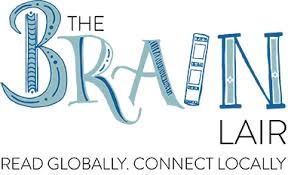
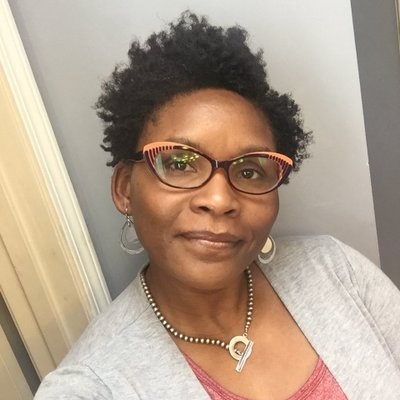
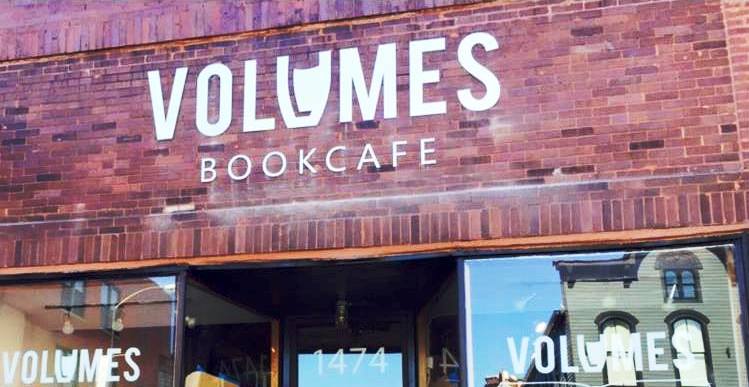 An
An 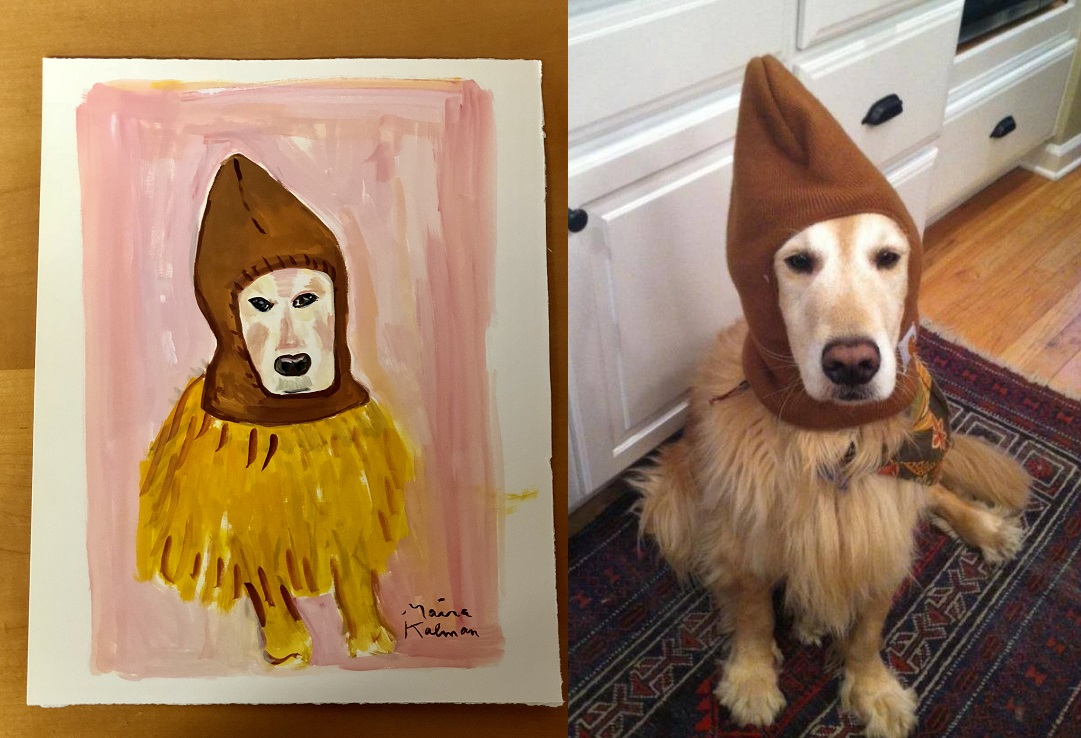 In honor of the paperback publication of Maira Kalman's Beloved Dog, Penguin Press held a contest: submit the most adorable photo of your beloved dog on Facebook; Kalman then selected one lucky winner to have its portrait painted. The winner is George, submitted by Heidi Abrams of Shaker Heights, Ohio. George was deemed best-in-show for his pleasant disposition when faced with extreme winter gear.
In honor of the paperback publication of Maira Kalman's Beloved Dog, Penguin Press held a contest: submit the most adorable photo of your beloved dog on Facebook; Kalman then selected one lucky winner to have its portrait painted. The winner is George, submitted by Heidi Abrams of Shaker Heights, Ohio. George was deemed best-in-show for his pleasant disposition when faced with extreme winter gear.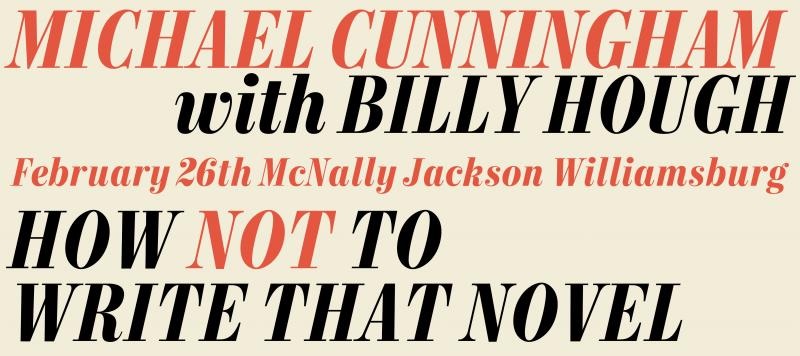 To "shake things up a bit,"
To "shake things up a bit," 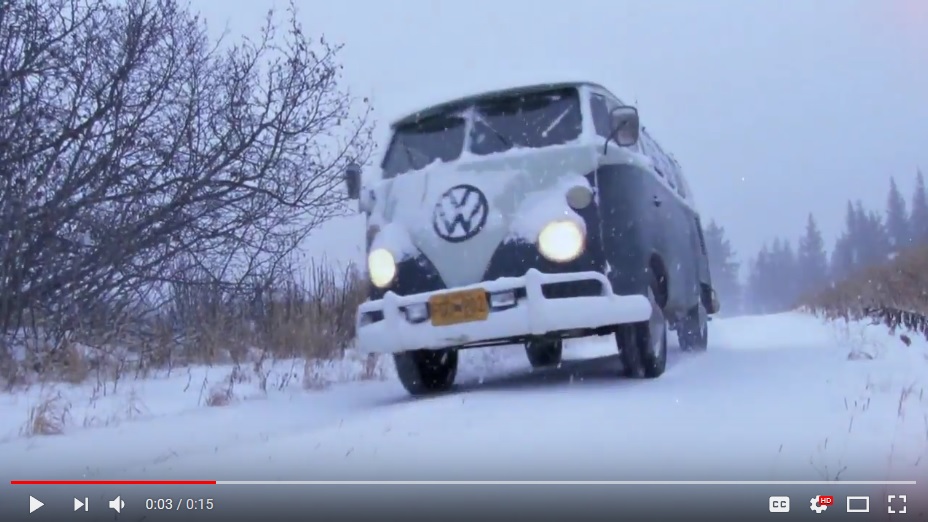 The Great Alone: A Novel
The Great Alone: A Novel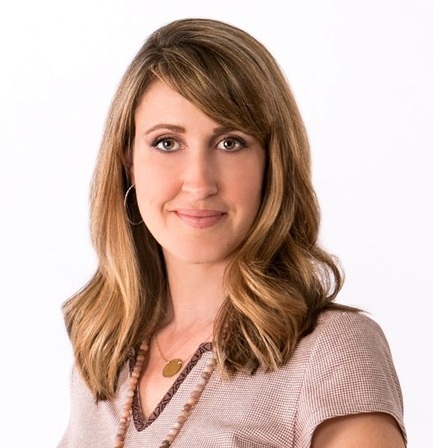
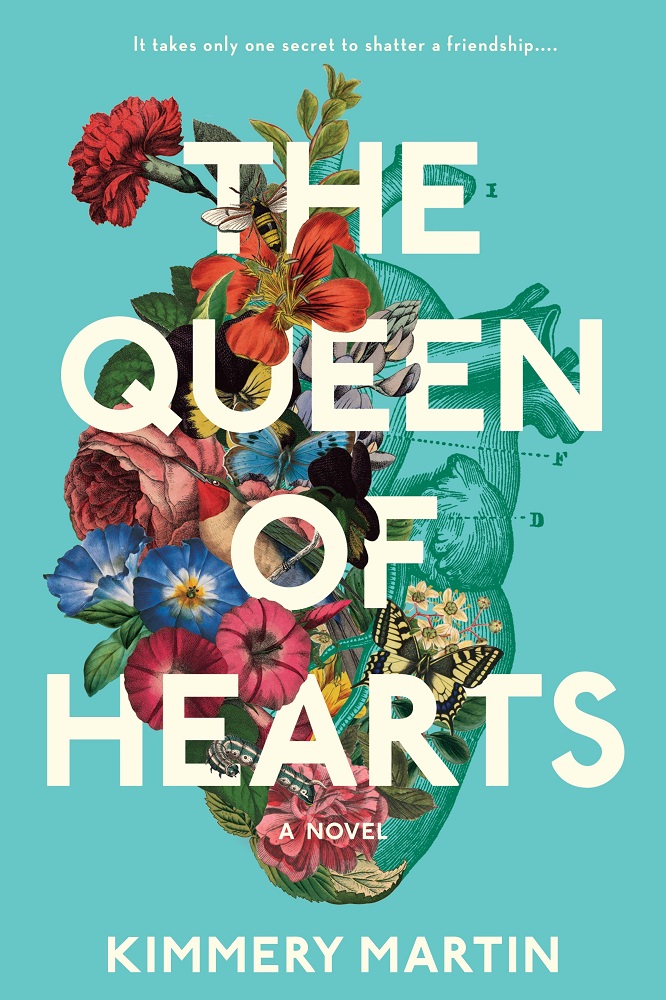 Book you're an evangelist for:
Book you're an evangelist for: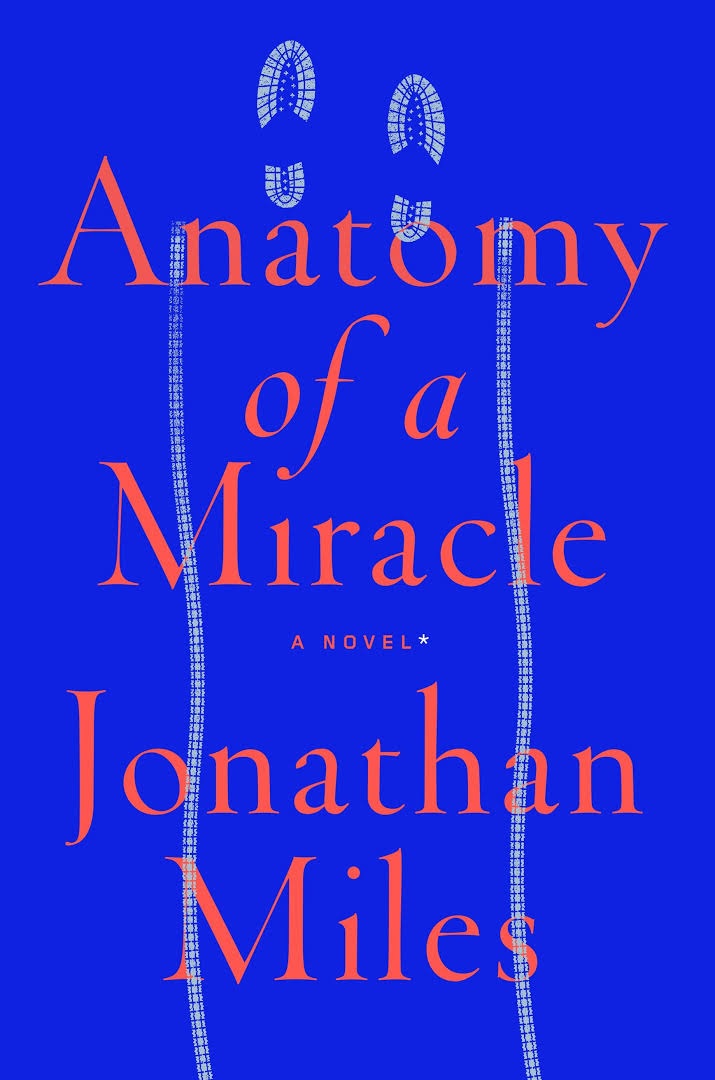 Cameron Harris, the protagonist of Jonathan Miles's third novel (after Dear American Airlines and Want Not), is in need of a miracle. And Anatomy of a Miracle is the funny, clever, moving story of this Biloxi, Miss., vet who returns from Afghanistan paralyzed from the waist down.
Cameron Harris, the protagonist of Jonathan Miles's third novel (after Dear American Airlines and Want Not), is in need of a miracle. And Anatomy of a Miracle is the funny, clever, moving story of this Biloxi, Miss., vet who returns from Afghanistan paralyzed from the waist down. 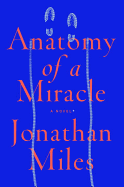

 There are exceptions, of course, and not all POS areas are designed for efficiency. We do have our horror stories, booksellers and customers alike. And otherwise rational humans were gullible enough to
There are exceptions, of course, and not all POS areas are designed for efficiency. We do have our horror stories, booksellers and customers alike. And otherwise rational humans were gullible enough to  After conducting a series of experiments regarding how being last affects consumer behavior, he concluded that being last in line had significant implications, and he recommends that service providers think carefully about how they set up their physical environments, which includes allowing customers to focus on the service process rather than the line they're waiting in.
After conducting a series of experiments regarding how being last affects consumer behavior, he concluded that being last in line had significant implications, and he recommends that service providers think carefully about how they set up their physical environments, which includes allowing customers to focus on the service process rather than the line they're waiting in.